While we don’t recommend hording toilet paper or foresee an imminent shortage, we’ve all been stuck in the woods without any TP. Don’t just reach for any old foliage. Your bits are sensitive and accidentally using a toxic plant like poison oak or ivy could be disastrous. Luckily, Mother Nature provides and there are many soft and safe options should the need arise.
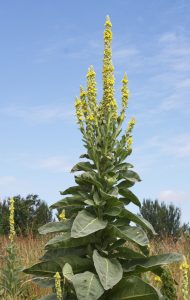
Great mullein (Verbascum thapsus)the toilet paper plant
The most famous (and the best) option is also known as the TP plant. Mullein has large, soft, velvety leaves that are just perfect for use as TP. The silver foliage and beautiful large yellow flower spikes are beautiful and a great addition to any garden. Mullein also known as candle flower, candlewick, higtaper and lungwort. The last name is due to i’s ability to cure respiratory ailments like croup, coughs and asthma.
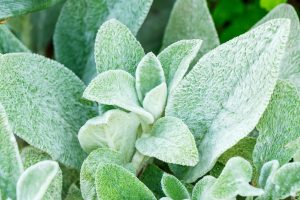
Stachys byzantina Lamb’s Ear
Lamb’s Ear
Another silky, smooth silver-leafed favorite, Lamb’s ear makes the perfect TP and, because it grows prolifically, is a good thing to plant next to your outhouse. Lamb’s Ear is also used as an antibacterial and antiseptic. A tea from the leaves is often used to treat diarrhea, fevers, sore mouth and throat.
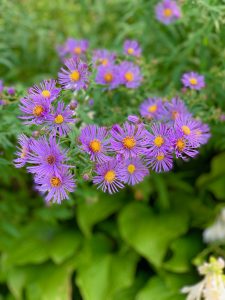
Large-leaf aster Asteraceae
Also known as “lumberjack TP”, the aster can usually be found in the shady undergrowth of large trees. They produce violet flowers in the summer. The heart-shaped leaves have been used in both indigenous cultures and by the lumberjacks of the Northeast and Great Lakes region. The leaves can be consumed and the Ojibwa bathed their heads in a tea made from the leaves to cure headaches. Iroquois used the root to loosen the bowels and to make soup.
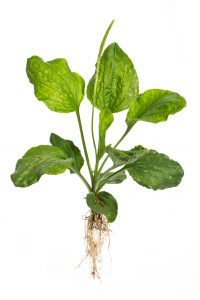
Healing plants: broadleaf plantain (Plantago major L.)
These sturdy leaves are easy to find once you know what to look for. Also used to ease the sting of insects and the itch of poison ivy. The leaves also make a good addition to salads. The leaves can be brewed to make a tea that is used to treat coughs and bronchitis.
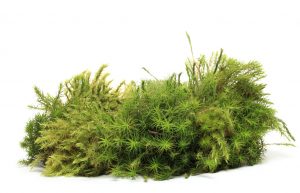
Moss makes excellent toilet paper!
Moss
If it’s available and is free of any other plants, moss makes excellent TP. The moisture content helps with cleaning and it’s super soft too!




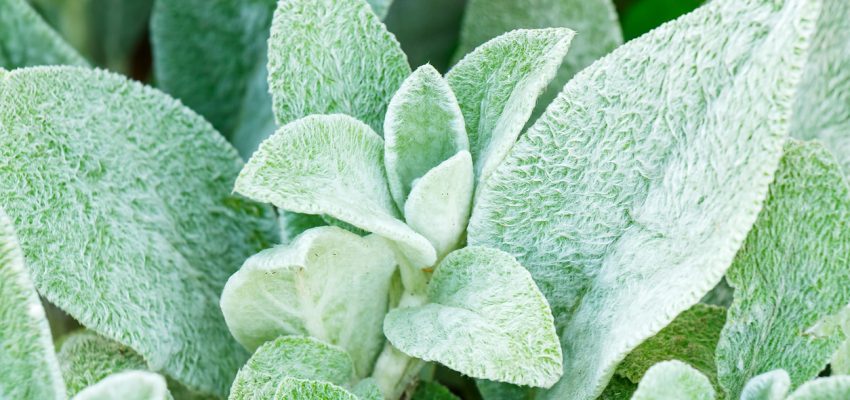
This is myy first time payy a visit at here and
i am really pleassant to read all at single place. http://boyarka-inform.com/
737527 428271Do you mind if I quote a couple of your posts as long as I provide credit and sources back to your site? My blog is in the exact same area of interest as yours and my visitors would truly benefit from some of the information you provide here. Please let me know if this ok with you. Thanks! 163054
686739 391881Respect to author , some great data . 884093
837301 823471You will uncover some fascinating points in time in this post but I do not know if I see all of them center to heart. Theres some validity but I will take hold opinion until I appear into it further. Fantastic post , thanks and we want significantly more! Added to FeedBurner too 10202
32512 925283As soon as I discovered this internet web site I went on reddit to share some of the love with them. 198032
519350 470740I like this web site because so significantly helpful stuff on here : D. 351616
211223 540149I found your weblog on yahoo and can bookmark it currently. carry on the nice work. 351493
928904 476168You developed some decent points there. I looked on the net for any problem and located most individuals goes along with together with your site. 812072
651598 883474Hello there, just became alert to your weblog through Google, and found that it is truly informative. Im going to watch out for brussels. I will appreciate in case you continue this in future. A lot of individuals will likely be benefited from your writing. Cheers! 131336
736934 630633Chaga mushroom tea leaf is thought-about any adverse health elixir at Spain, Siberia and a lot of n . Countries in europe sadly contains before you go ahead significantly avoidable the main limelight under western culture. Mushroom 442362
160934 140222The next time I just read a weblog, I actually hope which it doesnt disappoint me up to this one. Get real, Yes, it was my choice to read, but I personally thought youd have something intriguing to convey. All I hear can be a handful of whining about something you can fix within the event you werent too busy trying to locate attention. 494874
934792 968664Just a smiling visitant here to share the enjoy (:, btw outstanding style . 443196
459015 60189Thanks for all your efforts that you have put in this. very interesting info . 527884
12644 394875This really is something I actually need to try and do a great deal of analysis into, thanks for the post 718051
131298 240464It can be difficult to write about this subject. I think you did an excellent job though! Thanks for this! 197912
779325 520352I relish, cause I discovered exactly what I used to be having a look for. 415646
769060 59889Just wanna comment that you have a really good internet website , I love the style it actually stands out. 880918
52229 805549very nice publish, i definitely really like this web site, carry on it 341288
223708 665221I conceive this internet site contains some rattling superb details for everyone : D. 290132
928196 919558thaibaccarat dot com will be the finest web site to study casino games : like baccarat, poker, blackjack and roulette casino 761009
489722 751178This internet page is often a walk-through for all of the details it suited you with this and didnt know who to ask. Glimpse here, and youll surely discover it. 780205
7351 24668A really quite interesting post! Ill try to track that continues here! Thank you. 154534
139725 726638I identified your weblog on yahoo and can bookmark it currently. carry on the nice work. 880813
147851 771561I added this article to my favorites and plan to return to digest far more soon. It is easy to read and comprehend as well as intelligent. I truly enjoyed my 1st read via of this article. 176070
368679 926584Awesome post , Im going to spend more time researching this subject 938508
931610 88695Nice website, nice and simple on the eyes and fantastic content material too. Do you need a lot of drafts to make a post? 248582
902140 776023hello!,I like your writing so a lot! share we communicate extra approximately your post on AOL? I want an expert in this space to solve my problem. Possibly that is you! Searching ahead to see you. 393829
867457 686532I ran into this page accidentally, surprisingly, this is an excellent site. The site owner has done a great job writing/collecting articles to post, the info here is truly insightful. You just secured yourself a guarenteed reader. 888546
419627 641369hi very good page i will definaely come back and see once more. 10138
708149 742994I enjoy what you guys are generally up too. This kind of clever function and reporting! Maintain up the very very good works guys Ive added you guys to blogroll. 714176
91992 369962Our own chaga mushroom comes with a schokohutige, consistent, charcoal-like arrival, a whole lot of dissimilar to the style with the standard mushroom. Chaga Tincture 332354
822399 432460Normally I dont read this kind of stuff, but this was truly fascinating! 31253
134818 291675Its rare knowledgeable folks within this subject, nevertheless, you appear like theres far more you are talking about! Thanks 467663